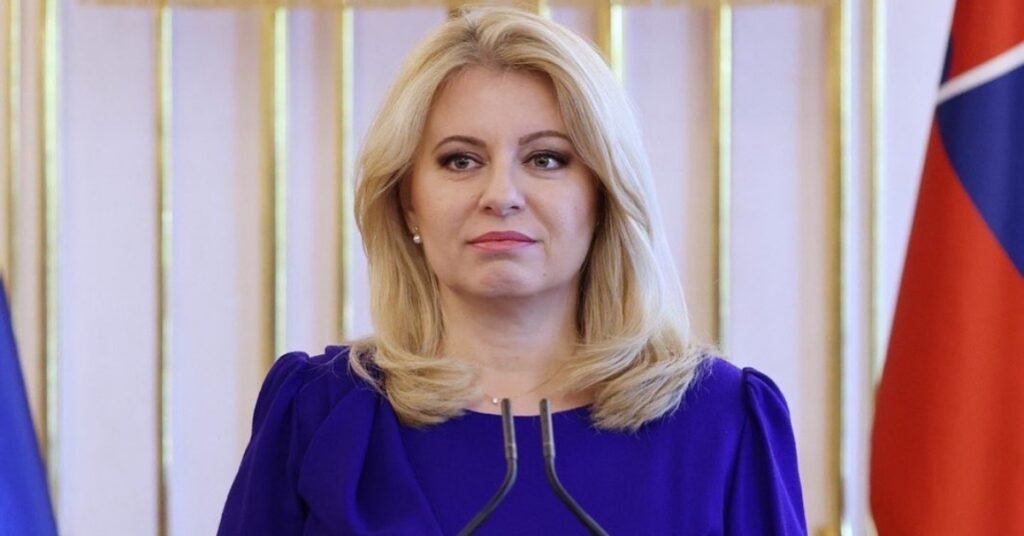Hungary’s ‘sovereignty’ law and democratic concerns are under scrutiny—insight into Orban’s rule and the Council of Europe’s criticism.
Table of Contents
Budapest, Hungary – The Council of Europe’s Commissioner for Human Rights has urged Hungary to reconsider its proposed ‘sovereignty’ law.
This law, introduced by Prime Minister Viktor Orban’s Fidesz party, is seen as a significant threat to democratic processes due to its expansive investigative powers.
Overview of the Proposed Law
The ‘sovereignty protection bill,’ submitted to the Hungarian parliament last week, aims to establish an authority to monitor political interference and propose regulatory changes.
However, this bill has raised serious concerns among critics, who view it as an effort to suppress dissent in Hungary.
The country has already faced multiple clashes with the European Union over issues of democratic rights during Orban’s 13-year rule.
Key Provisions and Concerns
One of the most contentious aspects of the bill is the penalization of foreign financing for political parties or groups participating in elections, with penalties including up to three years in prison.
Dunja Mijatovic, the Council of Europe Commissioner for Human Rights, has publicly appealed to the Hungarian Parliament, urging them to discard these proposals.
The ruling party, Fidesz, has yet to respond to these concerns.
Council of Europe’s Stance
The Council of Europe, a crucial organization dedicated to maintaining human rights and the rule of law in Europe, has taken a clear stance against the bill.
According to Mijatovic, the proposed law would enable the new authority to demand sensitive and private information from individuals without sufficient oversight.
This lack of accountability raises fears that the law could be used as a tool against anyone seen as a potential adversary, particularly those engaged in activities that influence democratic debate.
Political Landscape in Hungary
Viktor Orban, backed by a two-thirds majority in the parliament, can modify any legislation.
In 2022, Orban secured his fourth overwhelming victory, positioning himself as a guardian of Hungary’s national interests.
In Conclusion
Hungary’s proposed ‘sovereignty’ law represents a critical juncture for the country’s democratic integrity.
With international watchdogs and local critics raising alarms, the coming days will be pivotal in determining whether Hungary adheres to democratic principles or takes a step back by implementing this controversial legislation.
Get our best stuff sent straight to you! Join our WhatsApp Channel.






